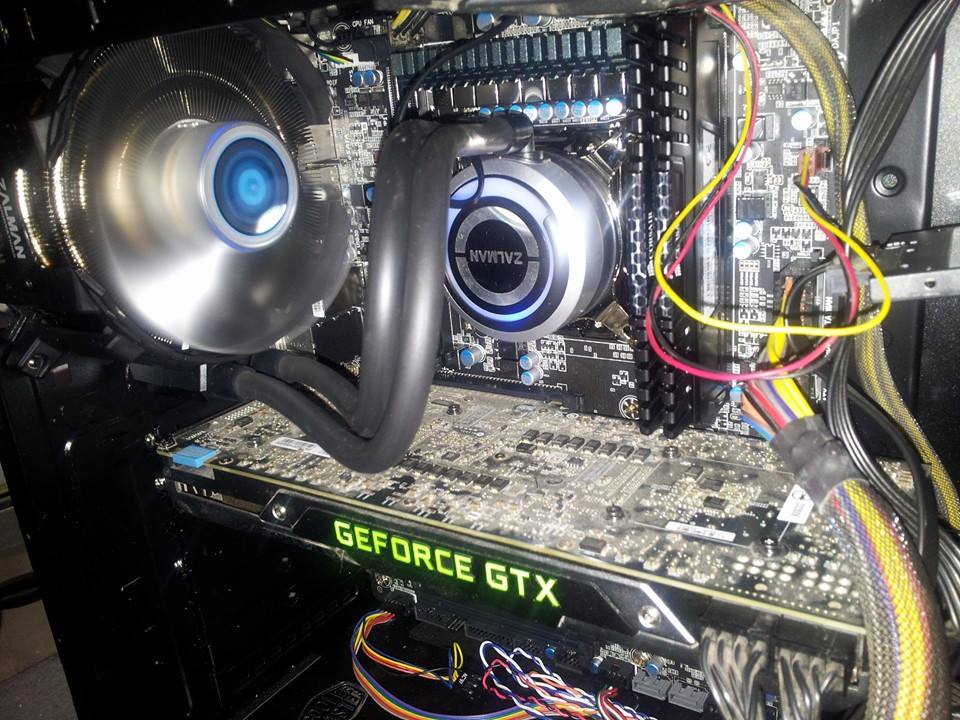Hello,
I've been working on server for the longest time, over 20 years, and since they use big amounts of data, the more cores the better for computing. Always been a console person, plug'n'play, but I intend to buy a pc for gaming/video editing for my lectures.
My question is about gaming, and want to know what is considered "useless" cores for games, many people tell me that 4 cores (with fast speed for all of them) is how far a game can use (due to optimization I think ?), but until now, nobody brought up a testing experiment to provide data about the cores necessary to run games without spending $1000 on a top of the line CPU that will not be used, and how to not go down a threshold to not bottleneck the GPU.
I base every decision I make on science, experiment and data, so, I would hope to find someone here who can provide lab tests or papers that are independent in the matter (YouTube is full of sponsored content and I’m immune to marketing), I tried everywhere, but i can't find any such data, also, I understand that games need to be optimized to the utmost limit to use the hardware to its full potential, as I saw a 3090 RTX with a 12900K struggling with some poorly optimized games.
I will be very grateful, thank you so much in advance.
I've been working on server for the longest time, over 20 years, and since they use big amounts of data, the more cores the better for computing. Always been a console person, plug'n'play, but I intend to buy a pc for gaming/video editing for my lectures.
My question is about gaming, and want to know what is considered "useless" cores for games, many people tell me that 4 cores (with fast speed for all of them) is how far a game can use (due to optimization I think ?), but until now, nobody brought up a testing experiment to provide data about the cores necessary to run games without spending $1000 on a top of the line CPU that will not be used, and how to not go down a threshold to not bottleneck the GPU.
I base every decision I make on science, experiment and data, so, I would hope to find someone here who can provide lab tests or papers that are independent in the matter (YouTube is full of sponsored content and I’m immune to marketing), I tried everywhere, but i can't find any such data, also, I understand that games need to be optimized to the utmost limit to use the hardware to its full potential, as I saw a 3090 RTX with a 12900K struggling with some poorly optimized games.
I will be very grateful, thank you so much in advance.




